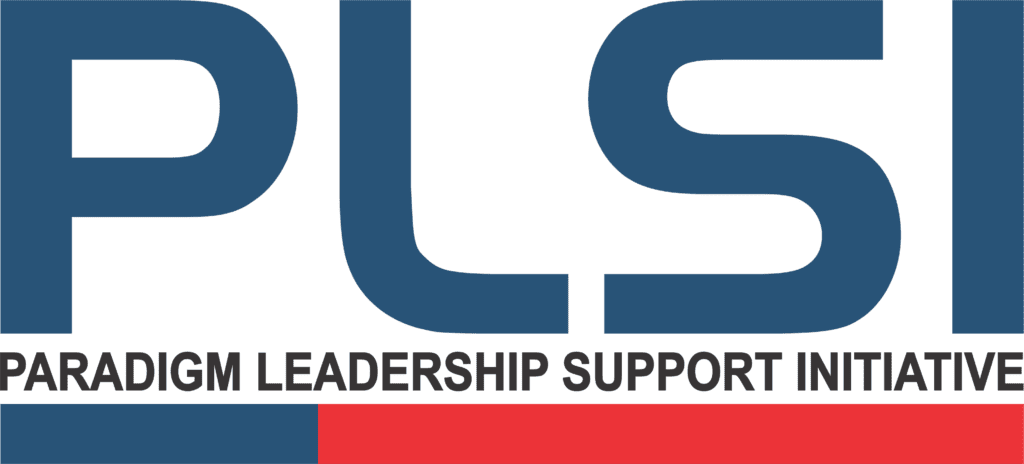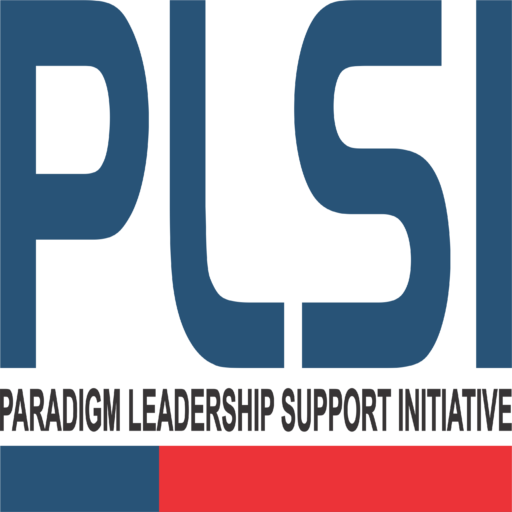As external public sector oversight body, SAIs can play vital role in promoting and achieving gender equality and resolving the different challenges faced by men, women, and the marginalized group in the society. Given their mandates covering not only government spending but assessing effective implementations of government policies, the Supreme Audit Institutions SAIs occupies preeminent positions as effective agents of accountability to the public. SAIs are committed to ensuring governments’ respect for financial discipline and accurate reporting, policy, and extant rules compliance, and – through performance or value-for-money auditing – effective policy and program delivery ([1]). They have the potential to significantly improve gender equality commitments of the government through auditing the implementation of the gender equality policies and its objectives. For instance, they can improve state-society relations, democracy, and service delivery by auditing and reporting on the application of national gender laws, regulations, policies, and international treaties.
In Parliamentary systems like Canada, SAIs publishes reports both publicly and directly to the parliamentarians who hold the executives accountable for any transgressions or poor results identified through the audit report ([2]). Gender equality is essential for inclusive development and all government institutions must deliberately consider gender equality and the marginalized populations when appropriating public resources. It is therefore imperative for SAIs to integrate gender auditing to their work. The “leaving no one behind” concept is centralized at the heart of the United Nations Sustainable Development Goals (SDGs) with the fifth goal focusing on gender equality. In societies where women, men, boys, girls, and other marginalized groups are often left behind in decision making, oversight actors like Supreme Audit Institutions SAIs are critical for improving the lives of vulnerable groups. SAIs is well positioned to performance audits that assess the economy, efficiency, and effectiveness of important government programs that support certain SDG objectives. Selecting audits on SDG-related subjects can give a thorough understanding of the obstacles to reaching specific SDG targets and give insights into the kinds of policies and strategies that can enable better results.
Numerous SAIs across other countries including Canada have recently applied gender lens in audits, especially in auditing the level of implementation of the Sustainable Development Goals (SDGs). The office of the Auditor-General of Canada is one of the first Supreme Audit Institutions (SAIs) to audit its government’s commitment towards achieving gender equality. This audit examined the Federal Plan on Gender Equality in 2009, and since then, members of the Organization of Latin American and Caribbean SAIs (OLACEFS), the African Organization of SAIs (AFROSAI), and the European Organization of SAIs (EUROSAI) have adopted gender equality auditing, both internally and externally to audits their government’s commitments on gender equality ([3])
In 2018, 16 SAIs from Latin American and Caribbean plus SAIs from Spain and Bogota Audit Office reviewed how governments were prepared to implement SDG-5. Among them was SAI Costa Rica. As a result of their audit, SAIs asked the Costa Rican Government to develop guideline in conducting studies to accelerate gender actions and to improve the integration of SDG5 target into their national planning. Today the country has met more than half of their audit recommendations. ([4])
The SDG commitments on gender equality builds on the ones made by UN member states during the 4th World Conference on Women in Beijing, China, in favor of gender equality and the promotion of women and girls (1995). Through the adoption of national and sub-national legislation, regulations, policies, plans, strategies, and budgets as well as defining the roles and responsibilities within governmental institutions for effective implementations of the policies, countries all over the world have strengthened their commitments to gender equality and gender mainstreaming on an international level following the conference.
Unequivocally, the National Gender Policy which was developed in 2006 to provide strategic policy guidance for mainstreaming gender at all levels as well as addresses the inequalities that exist in the socio-economic sphere has specifically assisted in drawing public attention to the rights of women and girls, and other vulnerable groups. The Government of Nigeria continues to reiterate its commitment to building a nation devoid of gender discrimination, guaranteeing equal access to political, social and economic opportunities for women and men; and developing a culture that places premium on the protection of all persons including children and other vulnerable groups. This necessitated a revision of the National Gender Policy (2021-2016) anchored on the objective “to build a just society devoid of discrimination, where the needs and concerns of women, men, girls, boys, and other vulnerable groups are mainstreamed equitably into all sectors of national development”. ([5])
Similarly, the Ministry of Education in response to the National Gender Policy (NGP) developed the National Policy on Gender in Education (NPGE) to address access, retention and completion concerns for boys, girls, men and women in education. The NPGE is central to ensuring the attainment of SDGs 4&5, and the elimination of all forms of discrimination in education thereby ensuring equity, equality, parity and social inclusion ([6])
Also, in line with this, the INEC GENDER POLICY commits to the promotion of equity and equality between women and men in the electoral process, ensuring that INEC’s internal systems, response mechanisms including policies, plans, processes, and operations are gender-responsive, encourage gender equity and balance within political parties, implement gender-responsive budgeting systems and support the realization of legislative provisions that pre-determine the achievement of gender equality targets in political representation at all electoral levels ([7]).
Furthermore, the Nigerian government launched the NATIONAL GENDER POLICY ON AGRICULTURE to reduce the vulnerabilities of women, enhance food security, ensure the promotion and adoption of gender sensitive and gender responsive approaches to the agriculture sector planning and programming ([8]). Agriculture currently contributes 22.8% of Nigeria’s GDP and employs 25% of the working population. The share of informal sector agriculture contribution to gross domestic product (GDP) is 91.8% as against 8.2% from the formal sector. However, the critical needs of small-scale women farmers and the vulnerable are ignored in budgetary provisions and the allocation of public resources. Against this foregoing, the coalition of women farmers’ associations and groups across Nigeria in December 2022 called for a gender audit of agriculture programmes in Nigeria and asked that the government consider a five-year special audit of gender in agricultural budgeting 2016-2021([9]).
Nigeria has committed itself to promoting gender equality in various sectors of the economy by signing international treaties which seek to eliminate gender disparities. The marginal implementation of the provisions of these polices despite the declared commitment of the government demands a wake-up call for more action from all stakeholders. It is therefore important for all 73 Supreme Audit Institutions at national and subnational levels in Nigeria which possesses constitutional powers to audit implemention of policies to begin performing these statutory functions. Audit Offices will need to conduct performance audit on all gender commitments made by federal, state and local governments’ ministries, departments and agencies to assess effectiveness of implementation, identify implementation gaps and offer suitable recommendations to enhance realization of policy objectives.
Accountability and oversight remain crucial. By integrating a gender dimension to audit work, SAIs, through timely, relevant audits and reports, can significantly influence and assist governments in ensuring national responses reflect the needs and voices of women, girls, and marginalized groups. Civil Society Organizations can also help SAIs to hold government to account, facilitate audit impacts, communicate, and advocate for gender equality. In Nigeria, CLEEN Foundation with support from the Government of Italy and UN Women published a Gender Audit Report on the Assessment of Protection Services and Shelters in Edo and Lagos States ([10]).
Footnotes
[1]https://www.cowater.com/en/role-supreme-audit-institutions/
[2]https://www.cowater.com/wp-content/uploads/2017/05/PFMA_SAI_WhitePaper.compressed.pdf
[3]http://intosaijournal.org/auditing-gender-equality-an-opportunity-for-sais-to-make-a-difference-and-lead-by-example//
[4]https://web.facebook.com/watch/?v=1931354580404665
[5] http://wrapanigeria.org/wp-content/uploads/2022/08/NATIONAL-GENDER-POLICY.pdf
[6] https://planipolis.iiep.unesco.org/sites/default/files/ressources/national-policy-on-gender-education-guide-new.pdf
[7] https://inecnigeria.org/wp-content/uploads/2022/10/INEC-GENDER-POLICY-2021-2025.pdf
[8] https://nigeria.actionaid.org/publications/2021/national-gender-policy-agriculture-simplified-version-smallholder-women-farmers#downloads
[9] https://csj-ng.org/swofon-demands-gender-audit-of-agriculture-programmes-in-nigeria/
[10]https://africa.unwomen.org/en/news-and-events/stories/2021/07/gender-audit-report-on-assessment-of-protection-services-and-shelter-in-nigeria-unveiled
Join us at PLSI as we continue to push the boundary of accountability further!
Written by:

Judith Nwokoro – Program Officer at PLSI

